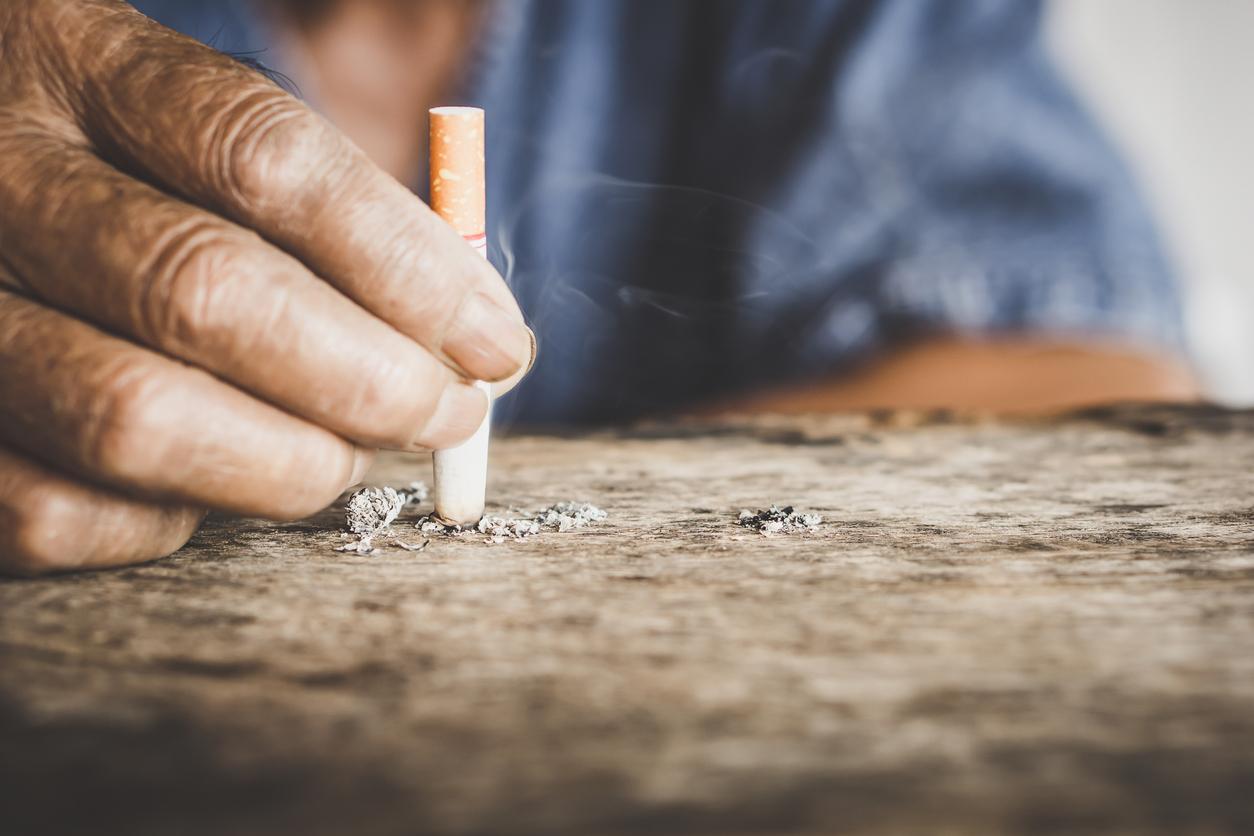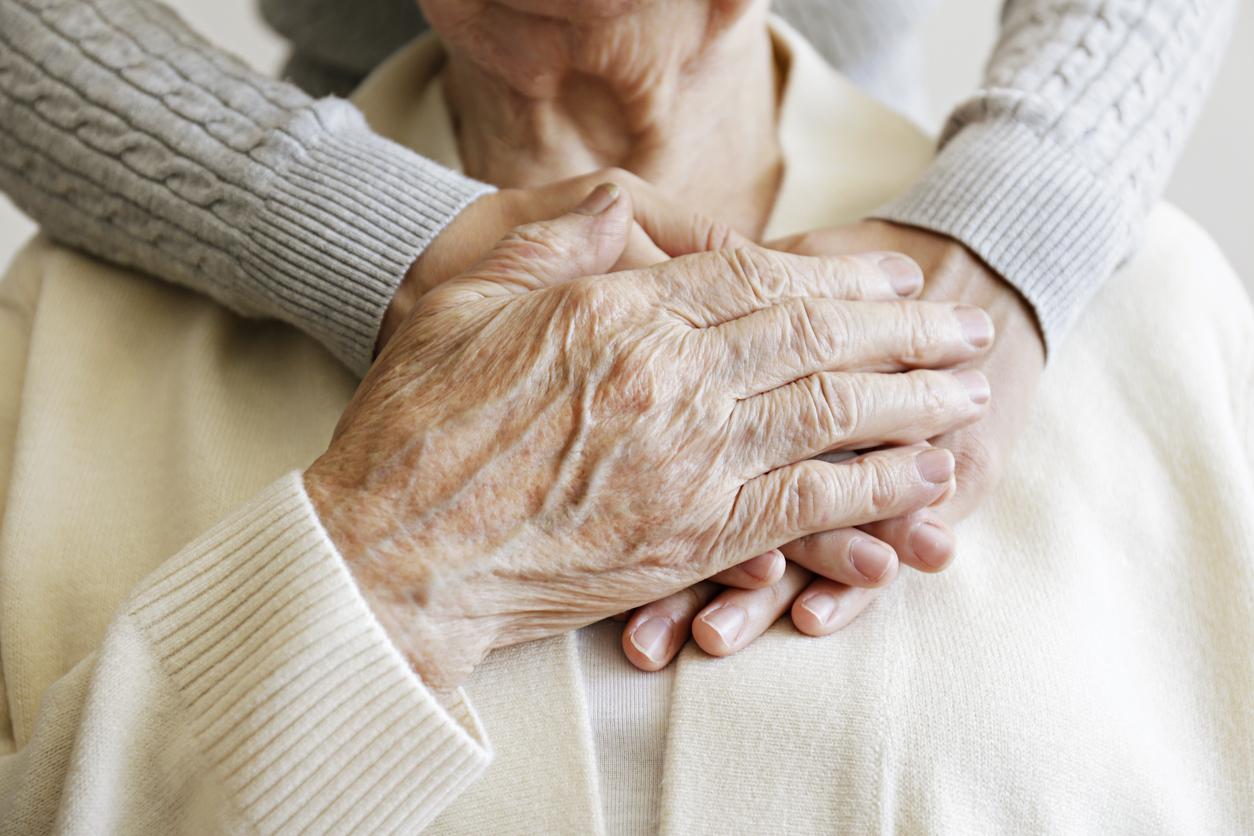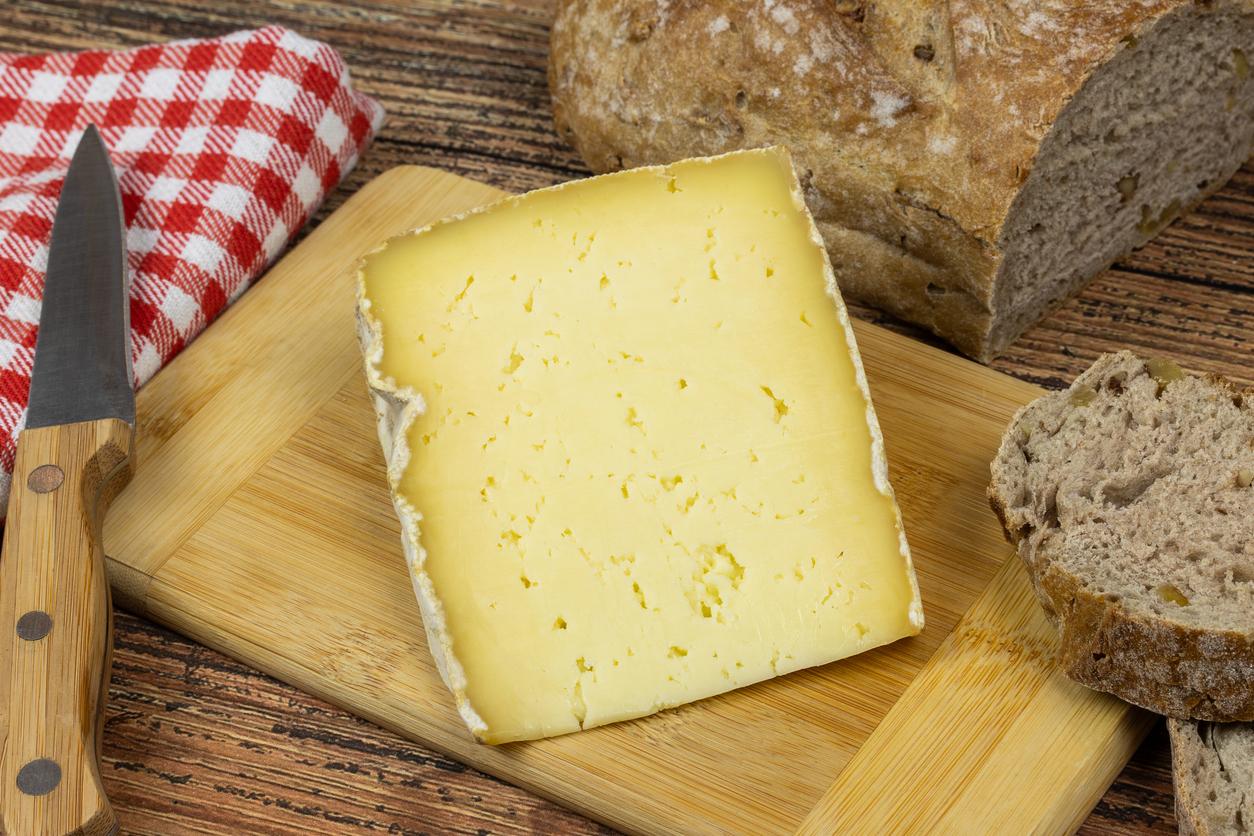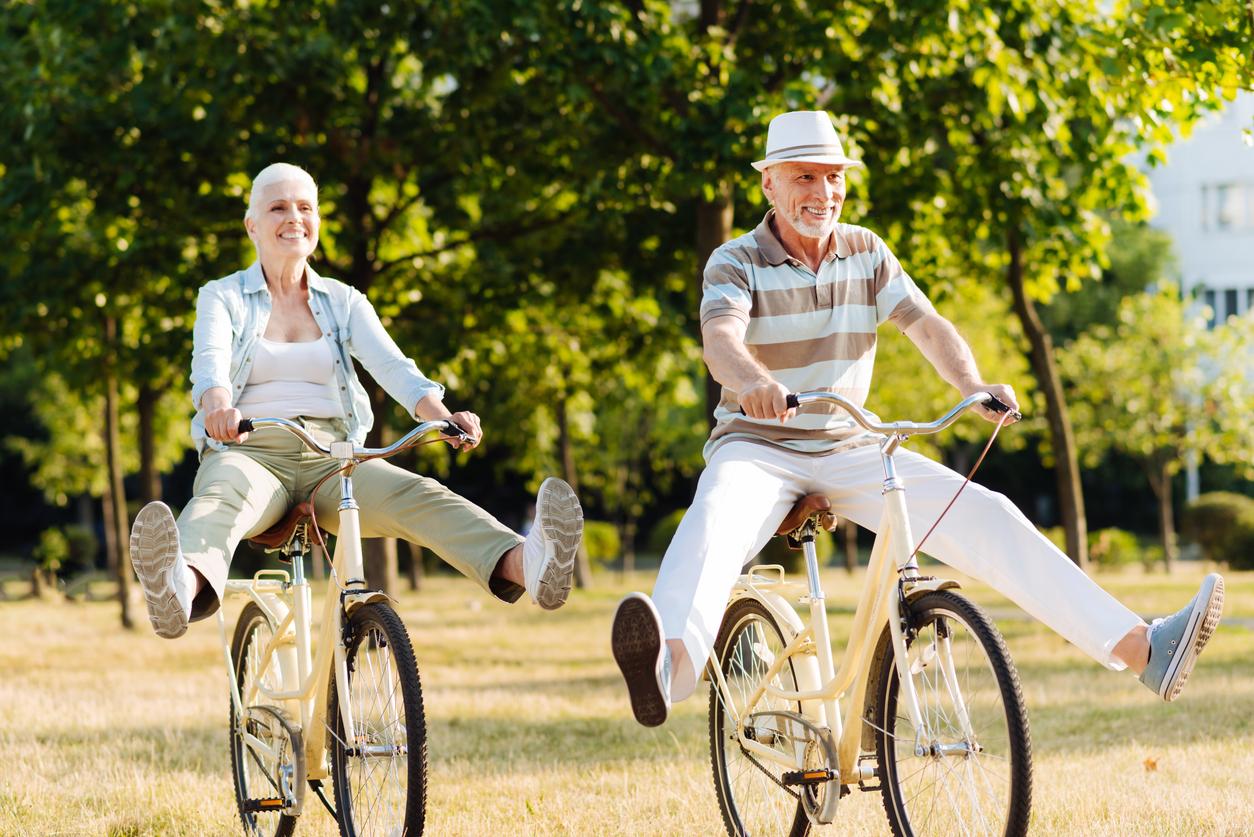Some foods would extend life expectancy by at least 10 years. Here is the diet to follow.
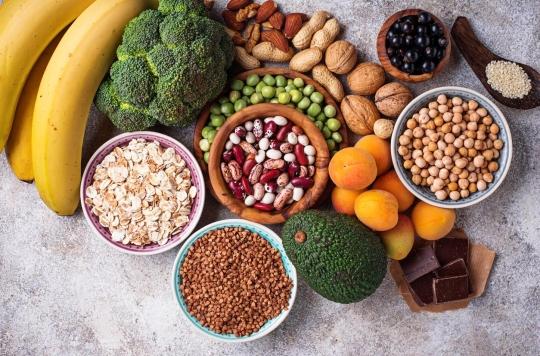
So there would be an ideal plate to optimize your time on Earth? At least that is what a team of researchers from the University of Bergen, Norway, suggests after having exploited international epidemiological databases and thus calculated the substantial impact of each type of food on health.
Between 10 and 14 years of life gained
According to the survey, first published in the journal PLOS Medicineand relayed a few days ago by Science and Future – Researchopting for a diet rich in legumes, whole grains, nuts, and fruits and vegetables, could save 10.7 years of life expectancy for a woman and 13.9 years for a man, compared to a average Western diet, where the consumption of meat, starches and dairy products is at an all-time high.
On one condition: start this diet at the age of 20, and respect this diet at all meals, for as long as possible. No more gaps, so… That said, the less young and the elderly can be reassured, it’s never too late to change your habits: by adopting this diet from the age of 60, both men and women, it’s still more than 8 years that would save the new plate. Even starting at age 80, you delay the famous deadline by 3 years.
What exactly is this miracle recipe made of? Legumes (lentils, chickpeas, beans…), which are full of vitamins, minerals and fibre. Wholegrain cereals (wholegrain rice, wholemeal bread, bulgur, quinoa, etc.), essential for the proper functioning of cells. Nuts (walnuts, almonds, hazelnuts, etc.), sources of vegetable protein. And, of course, a variety of fruits and vegetables, to fill up on fiber and antioxidants. On the other hand, exclude meat and cold cuts which, consumed in abundance, cause you to lose life points.
Live old, but above all better
According to Lars Thore Fadnes, professor of public health at the University of Bergen and lead author of the study, longevity increases thanks to this “optimal diet” because it probably contributes to “reduced risk of heart disease, diabetes and cancer”. Rather than a recipe for longevity intended to become a centenarian, this diet is above all a serious way to avoid the health problems inherent in old age. In short, to live better old.
To go further, we can also mention the way of life of the inhabitants of the regions called “blue zones”, where there are more centenarians than the world average, such as relayed by I’m interested. On the agenda for a busy life (and in good shape): eat a lot and fat in the morning and in small quantities in the evening, be physically active every day, snack on nuts at snack time, give your time to help others , surround yourself well (friends and family), or go to bed and get up at fixed times. Not easy, but not impossible.












